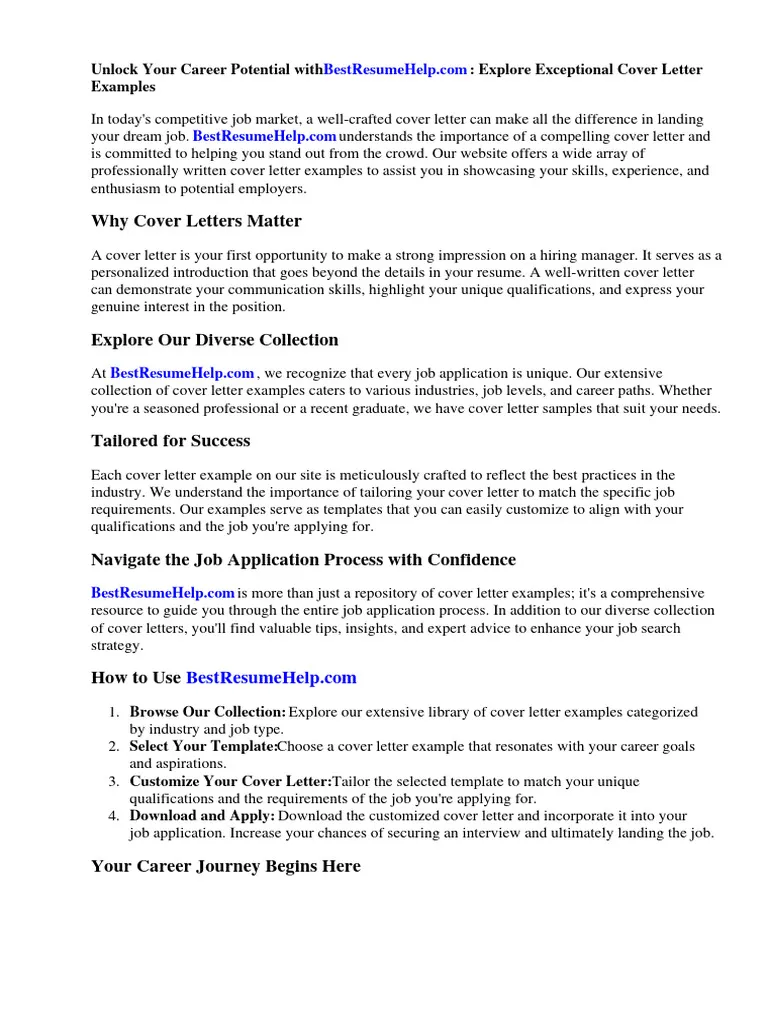Why You Need a Cover Letter as a College Student
As a college student, you might question the necessity of a cover letter. After all, your resume highlights your education and any work experience you have. However, a cover letter is your opportunity to stand out from the crowd and provide a personal touch that your resume alone cannot. It allows you to communicate your personality, express your enthusiasm for the position, and demonstrate your writing skills. In a competitive job market, a well-crafted cover letter can significantly increase your chances of landing an interview. It provides context to your resume, elaborates on your skills, and shows employers why you’re the perfect fit for the role.
Highlighting Your Skills in a Cover Letter
Your cover letter is the ideal place to showcase your skills and how they align with the job requirements. This is where you can translate your academic achievements and other experiences into marketable abilities. Start by identifying the skills the employer is looking for in the job description. Then, use your cover letter to demonstrate how you possess these skills and how you’ve utilized them in the past. Remember, it is not enough to simply list skills; you must show how you’ve applied them and what results you achieved.
Identify Your Skills and Strengths
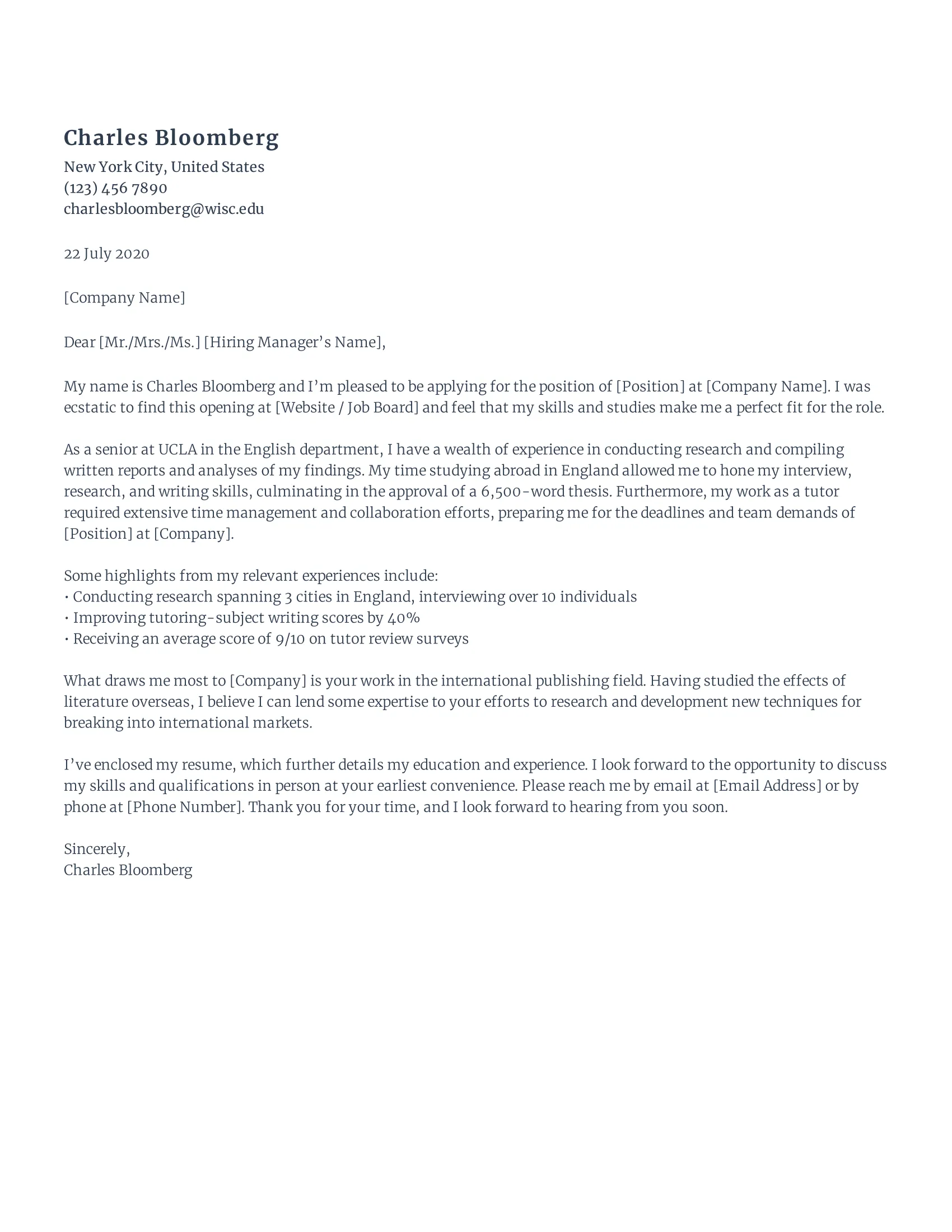
Start by making a list of your skills and strengths. Consider both hard skills, such as proficiency in a specific software or a programming language, and soft skills, like communication, teamwork, and problem-solving. Think about your coursework, projects, extracurricular activities, and any part-time jobs or internships you’ve held. What skills did you develop or use in these settings? Make a note of these as they are the tools that you can use to make you standout from the rest.
Translate Academic Achievements into Skills
Your academic achievements can be translated into valuable skills. For example, a high grade in a group project can demonstrate your teamwork and collaboration abilities. Successfully presenting a research paper could highlight your communication and analytical skills. Leadership roles in student organizations will demonstrate leadership and organizational skills. The key is to connect your accomplishments to the skills the employer is seeking.
Showcasing Relevant Coursework and Projects
Highlighting relevant coursework and projects demonstrates your understanding of industry-specific concepts. Briefly describe any projects that align with the job requirements. For instance, if applying for a marketing role, mention any marketing projects you completed, the strategies you used, and the results you achieved. Focus on the skills you used and the lessons you learned. This adds depth to your resume and shows you’re prepared to apply your knowledge in a professional setting.
Crafting a Compelling Cover Letter Opening
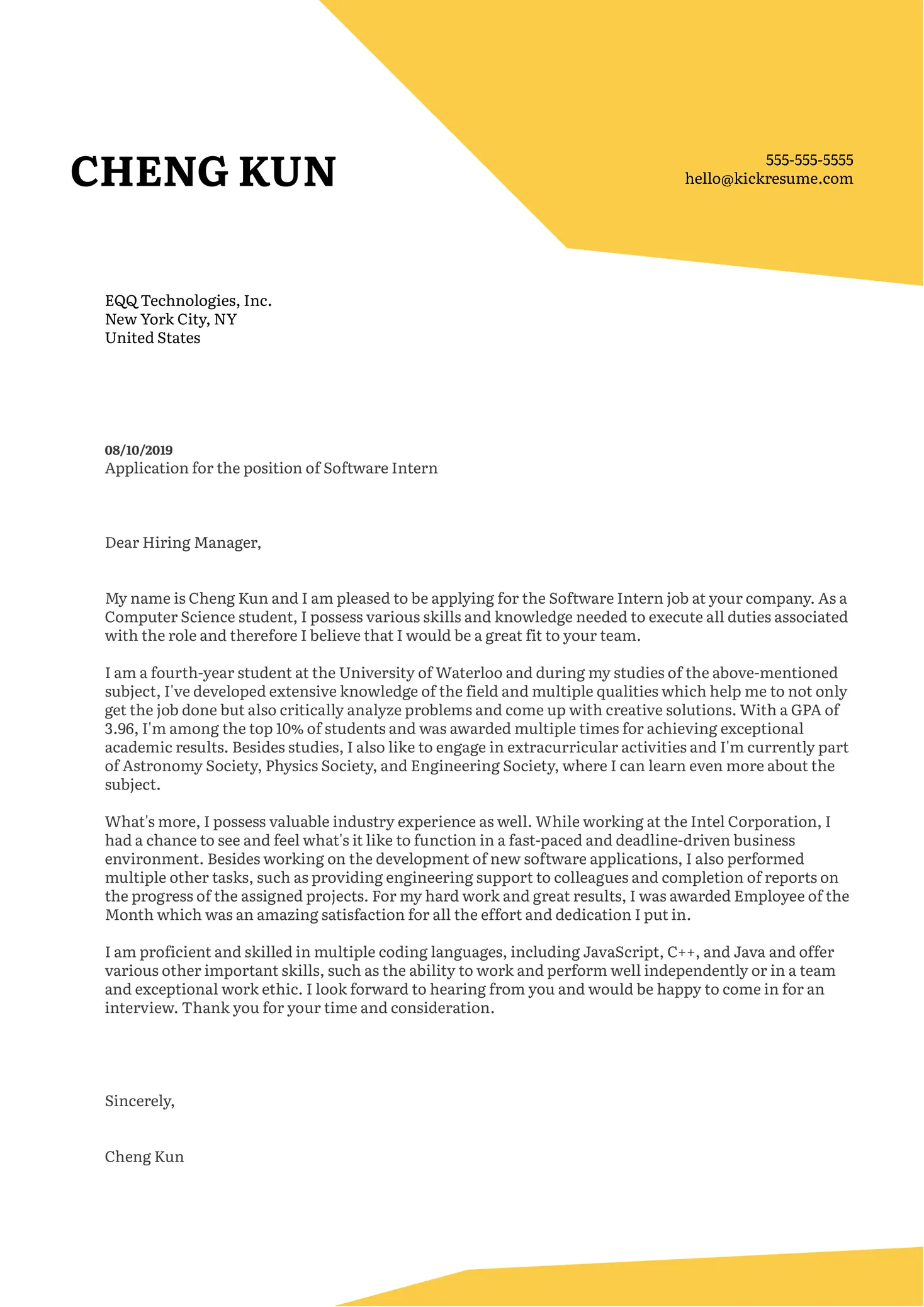
The opening paragraph of your cover letter is crucial. It’s your first chance to make a positive impression and capture the employer’s attention. A generic opening can lead to your application being overlooked. A strong opening statement should immediately convey your interest in the position, highlight a key skill, or show your understanding of the company. The goal is to make the hiring manager want to read more.
Grab the Employer’s Attention Immediately
Start with a strong opening statement that grabs the employer’s attention. Instead of a generic greeting, try mentioning something specific that caught your interest, such as the company’s mission, a recent project, or a specific aspect of the job description. Make it clear why you’re excited about the role and how your skills align with their needs. The opening paragraph should immediately convey your enthusiasm and genuine interest.
Personalizing Your Cover Letter
Personalize your cover letter for each job application. Show that you’ve done your research by mentioning the company by name and tailoring your skills to match their specific needs. Avoid sending a generic cover letter to multiple employers. Read the job description carefully and highlight the skills and experiences that are most relevant to the role. This attention to detail demonstrates your sincere interest and increases your chances of getting noticed.
Writing the Body of Your Cover Letter
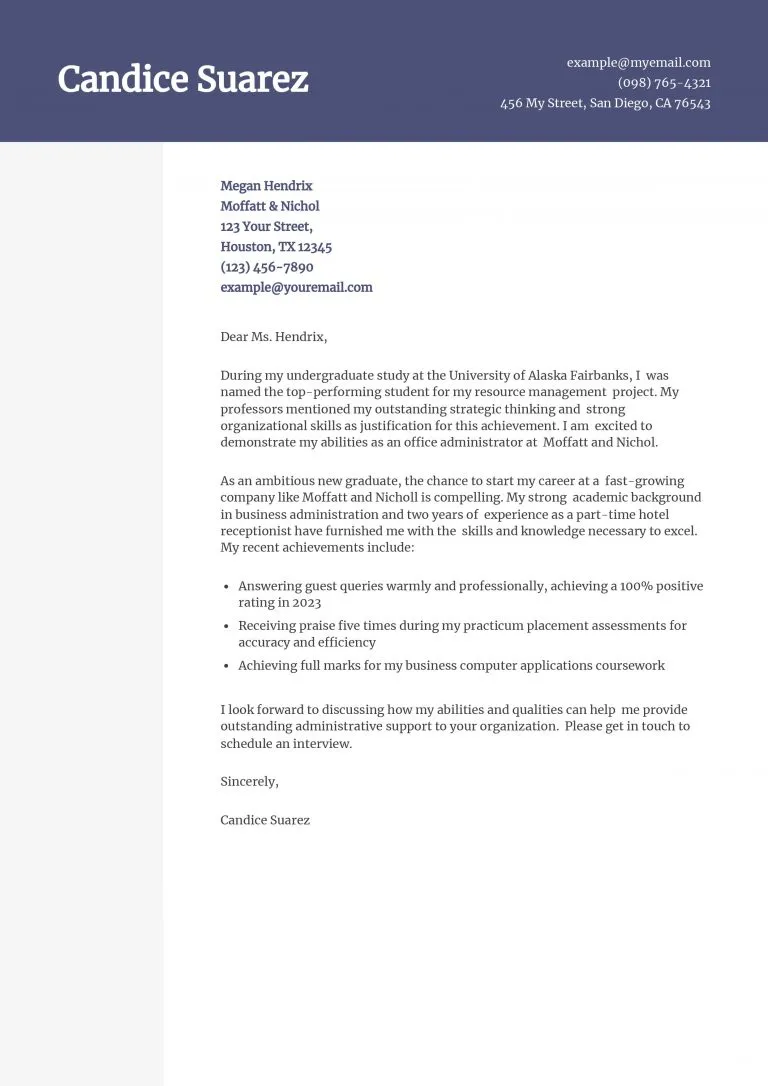
The body of your cover letter is where you elaborate on your skills and experiences. This is your opportunity to show how you meet the job requirements and why you’re the best candidate. Provide specific examples, quantify your accomplishments, and demonstrate your understanding of the company and the role. Make sure each paragraph supports your key points and adds value to your application.
Linking Your Skills to the Job Requirements
Carefully review the job description and identify the key requirements. In your cover letter, directly link your skills and experiences to these requirements. For example, if the job requires strong communication skills, provide an example of a time when you effectively communicated with a team, presented to a group, or resolved a conflict. Show the hiring manager how you meet their specific needs.
Providing Specific Examples
Use specific examples to demonstrate your skills and experiences. Don’t just state that you have teamwork skills; instead, describe a project where you collaborated with a team and the positive outcome. Examples provide concrete evidence of your abilities. The more specific your examples, the more compelling your cover letter will be.
Quantifying Your Accomplishments
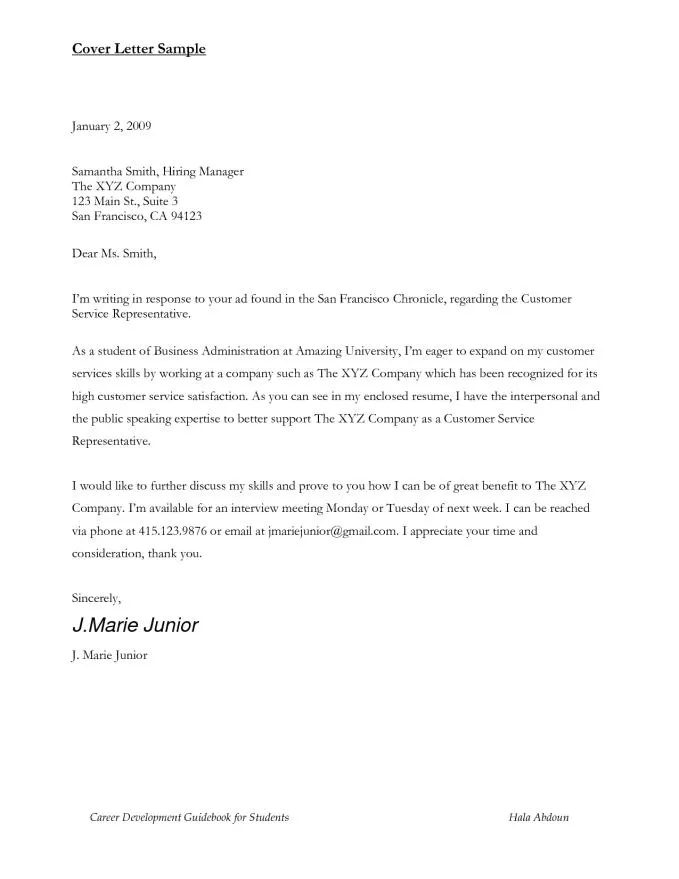
Whenever possible, quantify your accomplishments. For example, instead of saying “Improved customer service,” say “Improved customer satisfaction scores by 15%.” Use numbers to showcase your impact and demonstrate the value you can bring to the company. Quantifiable achievements make your cover letter more credible and memorable.
Addressing Common College Student Challenges
College students often face the challenge of limited professional experience. However, there are ways to address this in your cover letter. You can highlight your transferable skills, emphasize relevant coursework, and demonstrate your eagerness to learn and contribute. Focus on what you can do, rather than what you lack.
Lack of Professional Experience
If you lack extensive professional experience, focus on transferable skills. Highlight your communication, teamwork, problem-solving, and organizational skills. These skills are valuable in any professional setting. Provide examples of how you’ve used these skills in your academic projects, extracurricular activities, or part-time jobs. This will show employers that you can contribute to their team.
Limited Work History
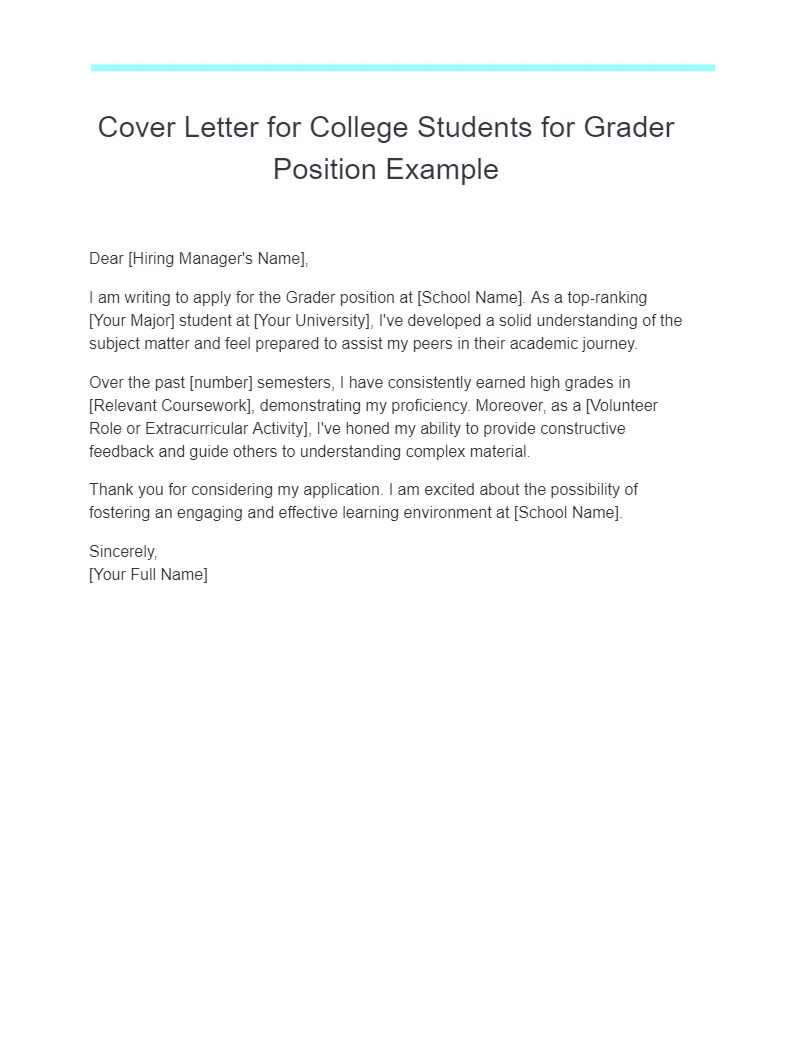
If your work history is limited, expand on other experiences. This might include internships, volunteer work, or even significant projects completed in your coursework. Describe what you learned, the skills you developed, and the value you brought to the project or organization. This helps fill in the gaps in your work history and provides a more complete picture of your capabilities.
Emphasizing Soft Skills
Soft skills are highly valued by employers, especially for entry-level positions. Highlight your communication, teamwork, problem-solving, and adaptability skills. Provide specific examples of how you’ve demonstrated these skills in your academic or personal life. Show that you’re a well-rounded individual who can work effectively in a team and adapt to new situations.
Closing Your Cover Letter Effectively
The closing paragraph is your last chance to make a strong impression. It should express your enthusiasm, reiterate your interest in the position, and include a clear call to action. The goal is to leave the employer with a positive impression and encourage them to contact you for an interview.
Expressing Enthusiasm and Interest
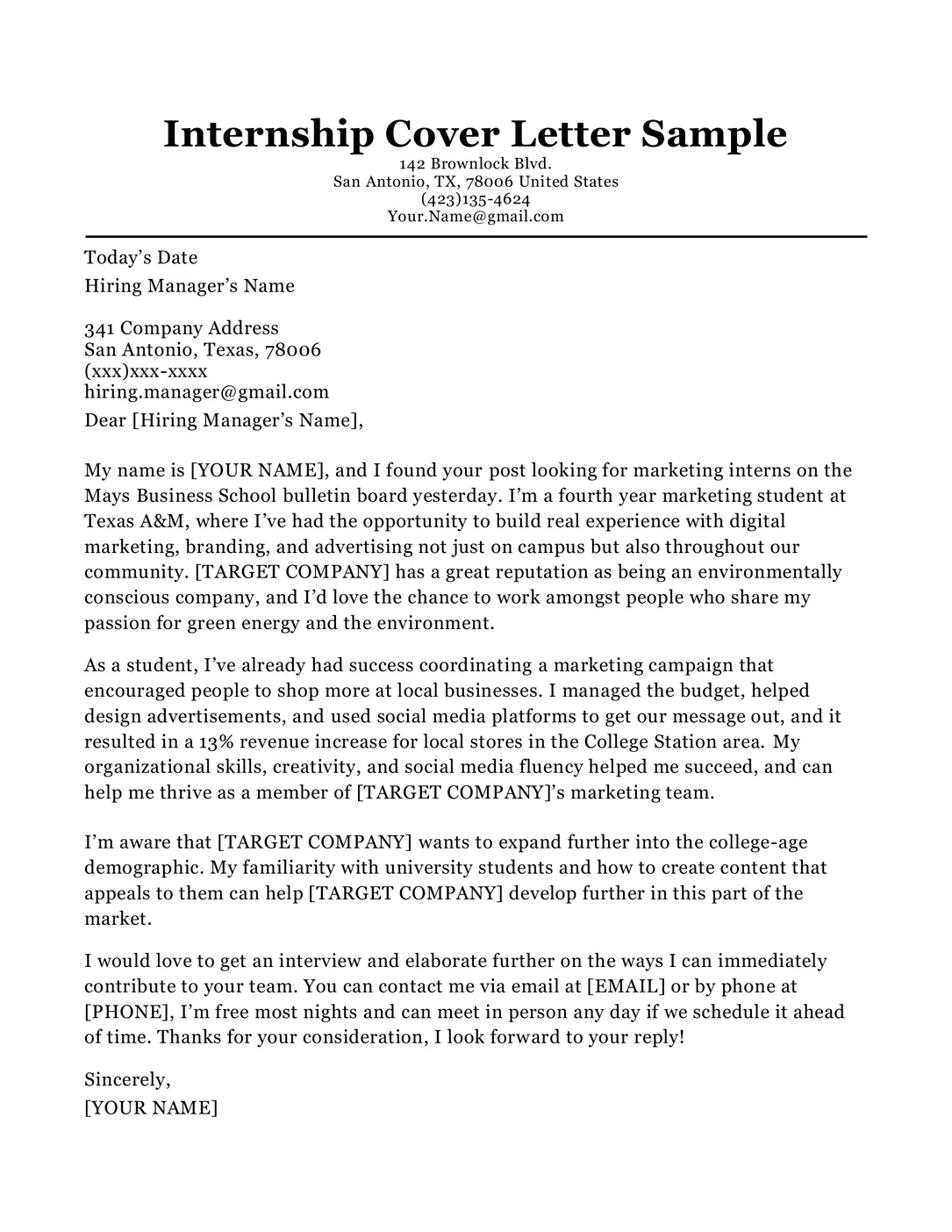
Reiterate your enthusiasm for the position and the company. Mention what excites you about the role or the organization’s mission. Show that you’ve done your research and that you’re genuinely interested in contributing to their success. A sincere expression of interest can leave a lasting positive impression.
Including a Call to Action
Include a clear call to action. Let the employer know that you’re available for an interview and how they can contact you. Provide your phone number and email address. Make it easy for them to take the next step. A well-defined call to action encourages the employer to contact you and move forward with the hiring process.
Cover Letter Formatting and Proofreading
Proper formatting and proofreading are essential for a professional cover letter. Errors in formatting or grammar can undermine your credibility and make it appear that you lack attention to detail. Make sure your cover letter is well-organized, easy to read, and free of errors.
Choosing the Right Font and Format
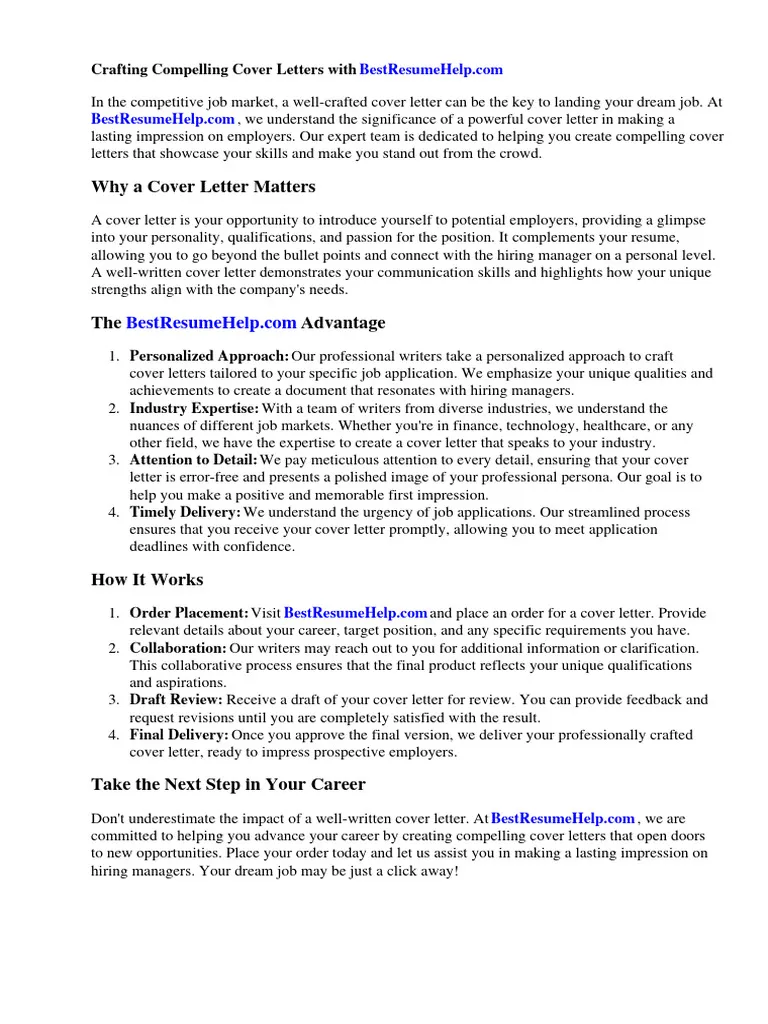
Choose a professional font such as Times New Roman, Arial, or Calibri. Keep the font size between 11 and 12 points. Use standard margins and single-space the body of your letter. Ensure your letter is well-organized with clear headings and paragraphs. Proper formatting makes your cover letter easy to read and shows your attention to detail.
Proofreading and Editing for Errors
Proofread your cover letter carefully for any grammatical errors, typos, or inconsistencies. Have a friend or career advisor review your letter as well. They can provide a fresh perspective and catch errors you might have missed. A polished cover letter shows that you care about the details and that you’re serious about the opportunity.
Tailoring Your Cover Letter to Different Jobs
Tailor your cover letter to each job application. Make it clear you’re not sending a generic template. Read the job description carefully and highlight the skills and experiences that align with the specific role. Personalization shows employers that you’ve done your research and are genuinely interested in the position. Customizing your cover letter increases your chances of making a positive impression and securing an interview.
